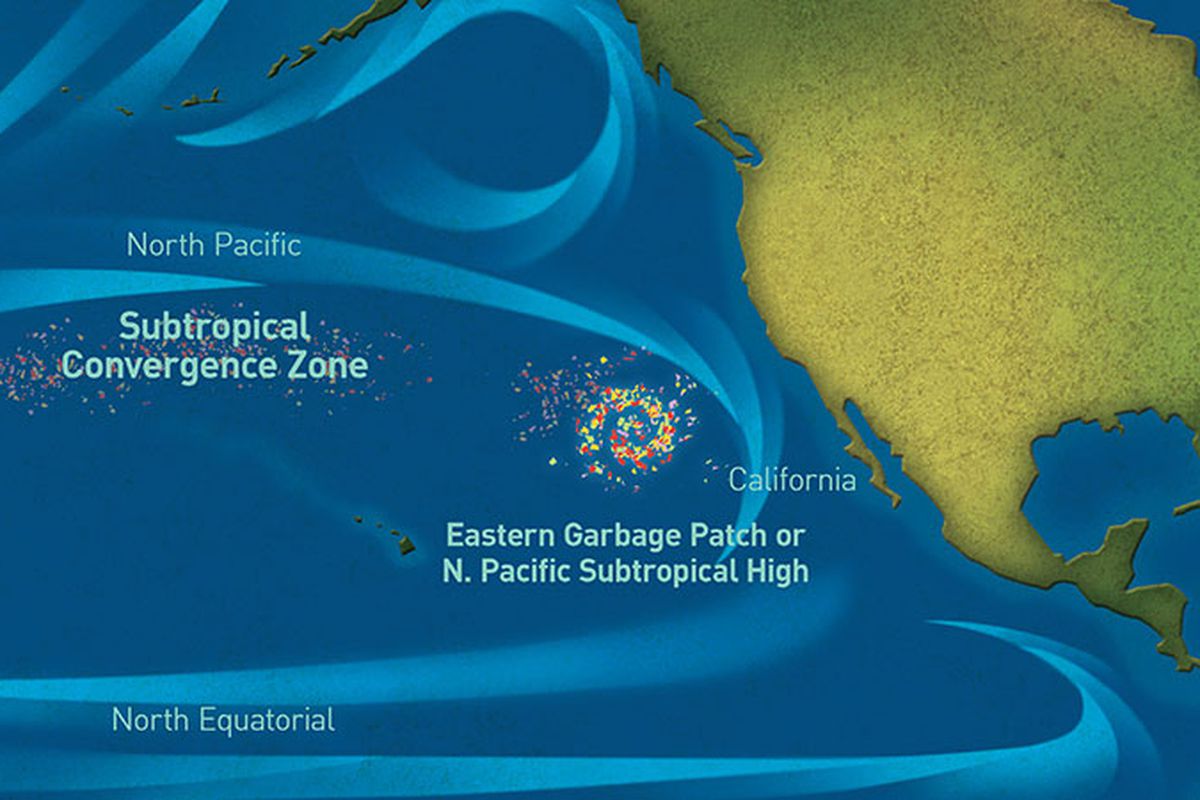
|
19A051 The Plastic Non-Problem by Jim Davies, 12/17/2019
Last month PBS spent a truckload of money stolen from taxpayers to convince everyone that there's a huge and growing "plastics problem." There isn't.
Being by design insoluble, plastic doesn't easily degrade when thrown away, and that's what got PBS in a tizzy. It fits the Establishment's ideal, of forcing us to change our behavior so as to give them a nice rush of power. In particular some gets thrown into the ocean, and currents eventually swirl it into ugly patches of floating garbage, which in turn does horrid things to fish. That's a problem. But notice at once: it's a problem of disposal, not of plastic. The blame for it lies not on the products, but on those who externalize their disposal costs by violating someone's property rights (if they toss it to the roadside) or - hello - by tossing it into common property (if thrown into the sea.) It's another aspect of the "tragedy of the commons": using a resource that has no owner, as a dump.
No, I don't think so. The scaremongers have their decimal placed much too far to the right. The problem may be non-trivial, but it's nowhere near that bad. How it will be FixedIn the coming zero government society this disposal problem (whatever its size) will be swiftly... disposed of by three major changes: 1. Schools will teach property rights instead of the collectivist "we", that alleges that it needs fixing by government laws. They do not work; kids are so bored by schooling that they often do the opposite of what they are told and litter the side of the road - even in "nice" areas. The result in time will be that seafarers (who were all trained at school) will respect the rights of fishermen to their fish, so will not choke or strangle the poor critters with plastic. 2. Oceans will be owned. This is very radical, and does depend on proliferation of ZGS across the world - but I believe that will indeed follow its arrival in the US, quite quickly. An extra decade or three, they will be in place, so governments will no longer exist to assert control over large swaths of sea. Exactly how water will be marked and controlled as private property, the market will discover; but it will be done, for numerous profitable purposes including fishing and mineral extraction. Once ownership is established, the "tragedy of the commons" will vanish, for compensation claims will relentlessly follow any disrespect by ships' captains. 3. Already, chemical firms are working out how to profit from unwanted plastics. Plastic lumber for decking etc has been available for several years with superior properties, and its price may be reduced as demand rises. BASF has developed processes for chemical recycling of plastic; from the referenced article it's not clear whether they are yet profitable, but the science is in place. The one "fix" that is certainly not needed is the enforcement of yet another bunch of laws. As always, those only makes a problem worse, and it will be solved only when freedom takes its place.
|
|
||||||||||||||||||||||||||||||||||||||||||

 Plastic products have had an enormously beneficial effect on living standards, all during that last hundred years. My earliest memories of it are of a telephone (any color, if it was black) made of
Plastic products have had an enormously beneficial effect on living standards, all during that last hundred years. My earliest memories of it are of a telephone (any color, if it was black) made of  Even so, real, oceanic plastic dumps are not as big a problem as may be claimed. Take
Even so, real, oceanic plastic dumps are not as big a problem as may be claimed. Take 








